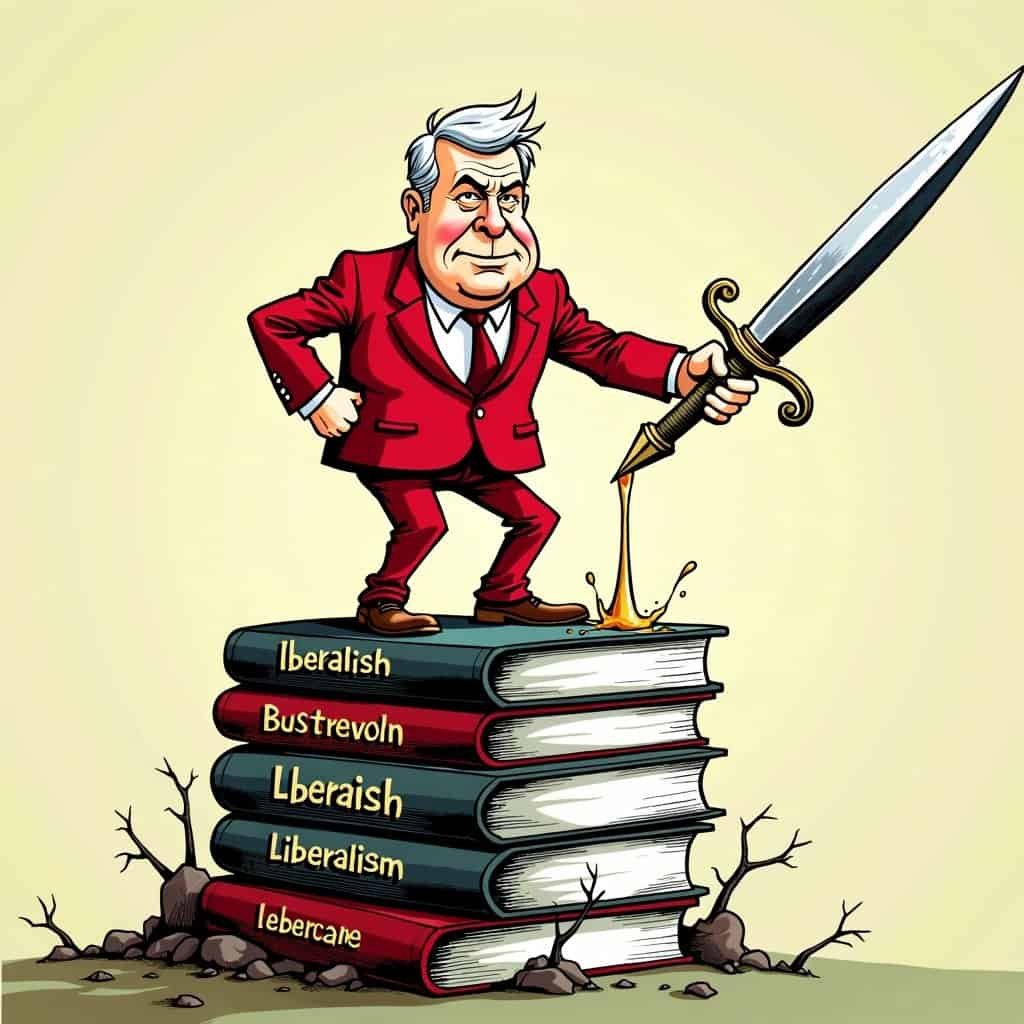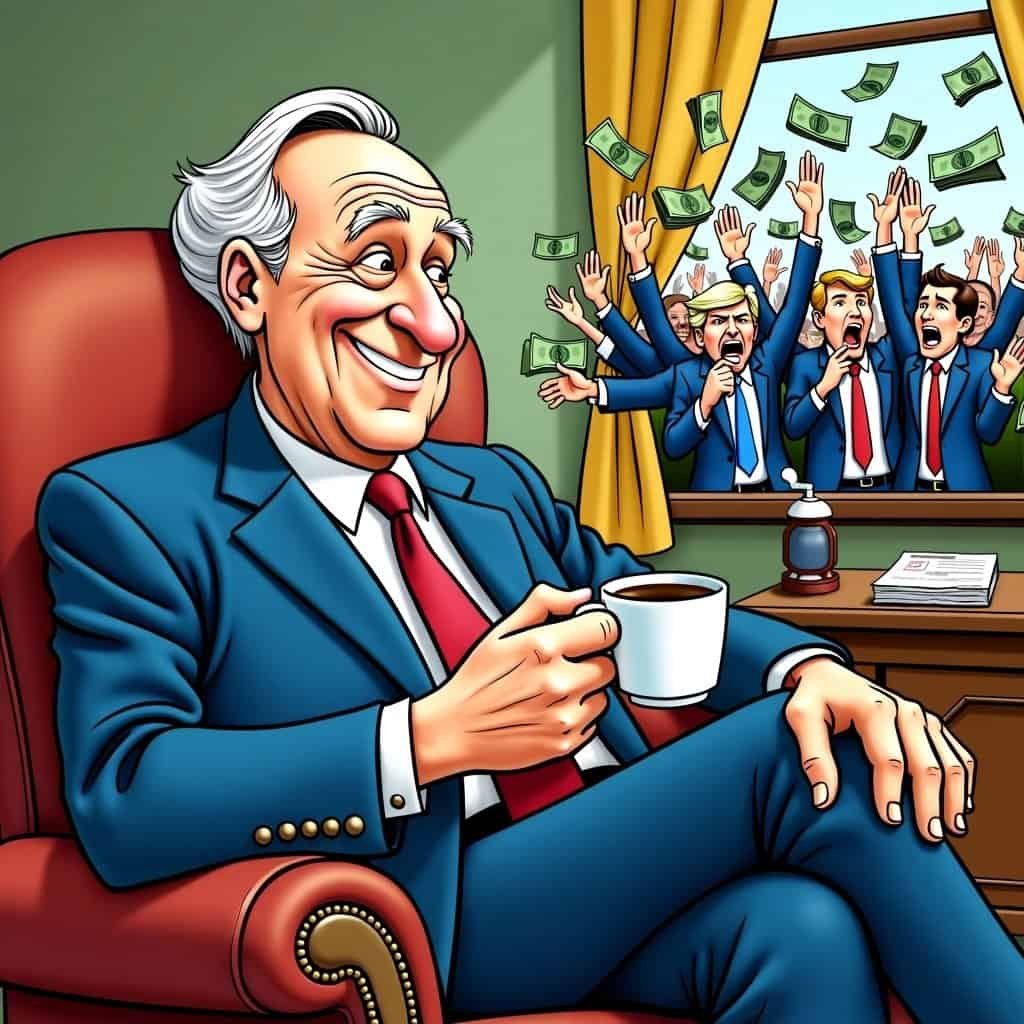There’s a saying in Texas: “You can put your boots in the oven, but that doesn’t make them biscuits.” This rings true when we look back at William F. Buckley Jr.’s take on the Great Society. Launched during Lyndon B. Johnson’s presidency in the 1960s, the Great Society wanted to wipe out poverty and racial injustice. Sounds great on paper, right? But in practice? It was like trying to teach a cat to bark.
Why should we give two hoots about Buckley’s thoughts today? It boils down to the same ideas that drive conservative values: taking care of yourself, keeping the government in check, and letting businesses do their thing. Buckley, a big cheese in the conservative world, thought that when the government steps in, even with good intentions, it often mucks things up more than it helps.
Ever noticed how fixing one problem can sometimes create a whole mess of new ones? The Great Society’s maze of welfare programs was a prime example. It tried to solve society’s problems like a jigsaw puzzle – just fit all the pieces together, and bam! Perfect world. But in reality, it was more like a botched home improvement project.
The Downside of Big Government
Conservatives reckon society does best when folks are free to make their own choices without Big Brother breathing down their necks. Lower taxes get people investing, which creates jobs and pumps up wages. It’s a win-win deal. This, folks, is the “positive feedback loop” that lifts everyone up – as the rich get richer, the poor also benefit from a booming economy.
Buckley saw the Great Society as the government biting off more than it could chew. Did these programs hit their lofty goals? Some might say yes, if they’re wearing rose-tinted glasses. But the real deal? Higher taxes to fund these big ideas ended up putting the brakes on investment. Businesses tightened their belts – job cuts, lower wages, and stunted growth became the new normal. All because the government thought it could spend its way to happiness.
Impact of Higher Taxes on Business Growth
The Paradox of Welfare
Think about it – when taxes on the wealthy and businesses go up, what do they do? They look for ways to cut costs, which often means fewer jobs and lower wages. Ironically, these tax policies meant to help the little guy ended up giving him a raw deal.
The Great Society created a weird situation where the very people it was trying to help became hooked on Uncle Sam’s handouts. And while relying on the government might feel good at first, it slowly chips away at a person’s ability to stand on their own two feet and really thrive. We can thank Buckley for shining a light on this flawed thinking and steering the conversation towards empowering people instead of just giving them handouts.
Liberal ideas often push for spreading the wealth around, higher taxes, and big government programs. They might give quick relief but lead to slower economic growth and more people depending on government help. In the end, we’re left with a smaller economic pie to share. It’s like trying to win a race while carrying a sack of potatoes!
Buckley’s Lasting Impact
So why should we care about Buckley’s thoughts today? Simple – his ideas give us a heads up about the dangers of the government sticking its nose where it doesn’t belong, and remind us why letting the market do its thing is often better. As we try to build a balanced, well-off society, it’s important to remember that real prosperity comes from people taking initiative, not from the government calling all the shots.
Next time you hear someone singing the praises of big government programs, think of William F. Buckley Jr. and his timeless observations. You might find yourself nodding along: prosperity doesn’t come from the government’s wallet, but from the hard work and bright ideas of free individuals. So let’s tip our hats to Buckley and the lasting wisdom of conservative principles. Trust me, you won’t need those rose-tinted glasses.






